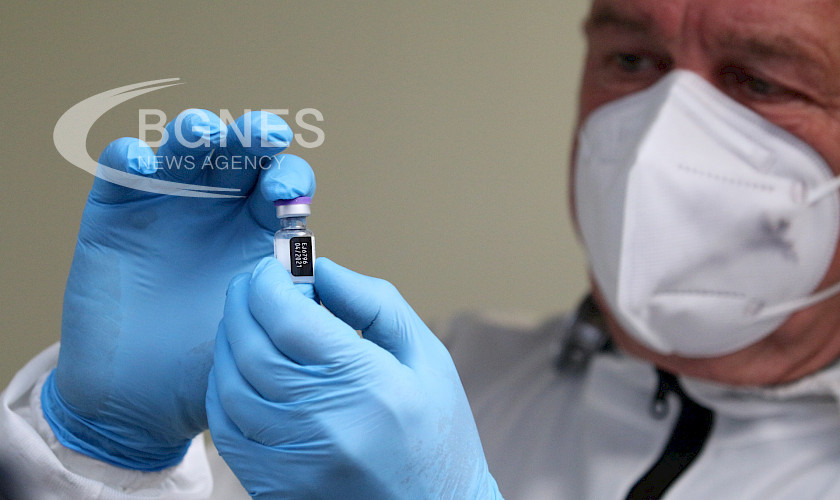Commission extends transparency and authorisation mechanism for exports of COVID-19 vaccines
The Commission has today extended until end of June the transparency and authorisation mechanism for COVID-19 vaccine exports.

This follows persistent delays in some of the deliveries of vaccines to the EU.
Executive Vice-President and Commissioner for Trade Valdis Dombrovskis said: “The first weeks of the application of this instrument have shown that the trade disruption feared by many did not take place. Since the measure was introduced, shipments were authorised to more than 30 countries. This confirms that even during a very critical health situation, the EU has made a considerable effort to be a reliable and responsible trading partner.”
Commissioner for Health and Food Safety Stella Kyriakides said: “We expect companies with which we have signed a contract to fulfil their obligations towards EU citizens. The EU exports very significant volumes of COVID-19 vaccines, true to our commitment to global solidarity. Yet, not all companies are honouring their agreements with the EU despite having received a down payment to enable sufficient production. We will insist that compliance is ensured and we will continue to work with companies to ramp up production in Europe as quickly as possible.”
The EU continues to be the leading provider of vaccines around the world. Six weeks into the existence of this mechanism, 249 export requests to 31 different countries* have been granted for a total of 34,090,267 doses, as they did not threaten the contractual engagements between the EU and the vaccine producers. Only one export request was not granted. The main export destinations include the United Kingdom (with approximately 9.1 million doses), Canada (3.9 million), Mexico (3.1 million), Japan (2.7 million), Saudi Arabia (1.4 million), Hong Kong (1.3 million), Singapore (1 million), United States (1 million), Chile (0.9 million) and Malaysia (0.8 million).
The European Commission presented on 17 June a European strategy to accelerate the development, manufacturing and deployment of effective and safe vaccines against COVID-19. In return for the right to buy a specified number of vaccine doses in a given timeframe, the Commission finances part of the upfront costs faced by vaccines producers in the form of Advance Purchase Agreements (APAs). Funding provided is considered as a down-payment on the vaccines that are actually purchased by Member States. The APA is therefore a de-risk investment upfront against a binding commitment from the company to pre-produce, even before it gets marketing authorisation. This should allow for a quick and steady delivery as soon as the authorisation has been granted.
The Commission has so far signed APAs with six companies (AstraZeneca, Sanofi-GSK, Janssen Pharmaceutica NV, BioNtech-Pfizer, CureVac, and Moderna), securing access to up to 2.6 billion doses. Negotiations are advanced with two additional companies. The four contracts with the companies whose vaccines have been granted conditional marketing authorisation amount to more than 1.6 billion doses. /BGNES




